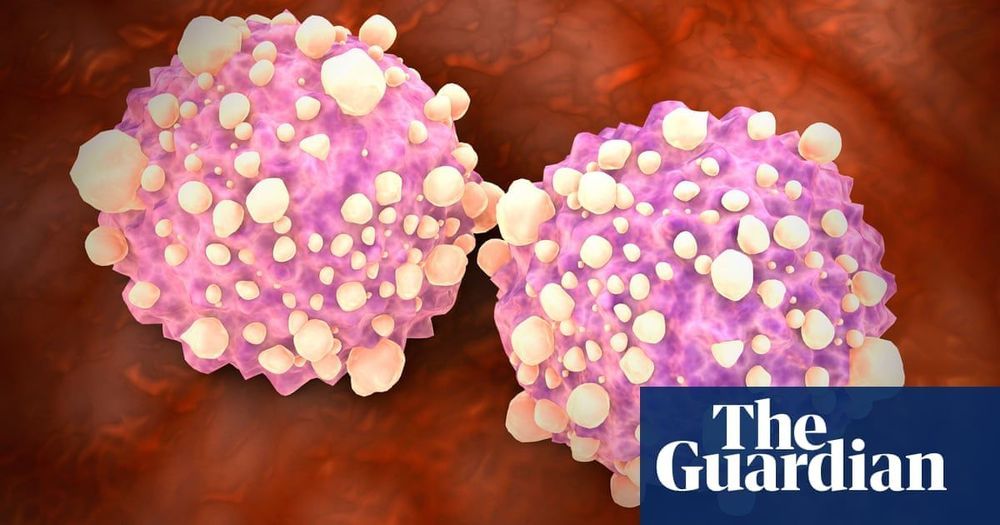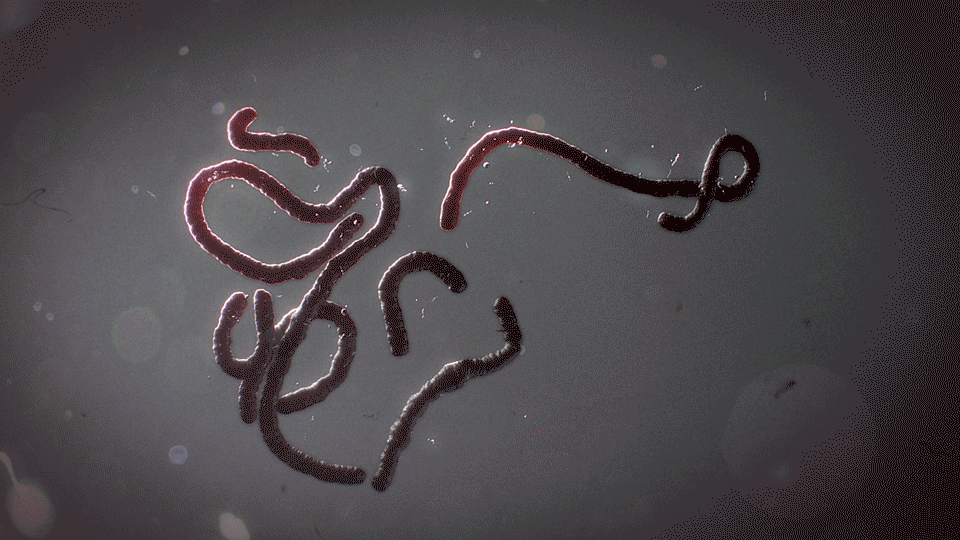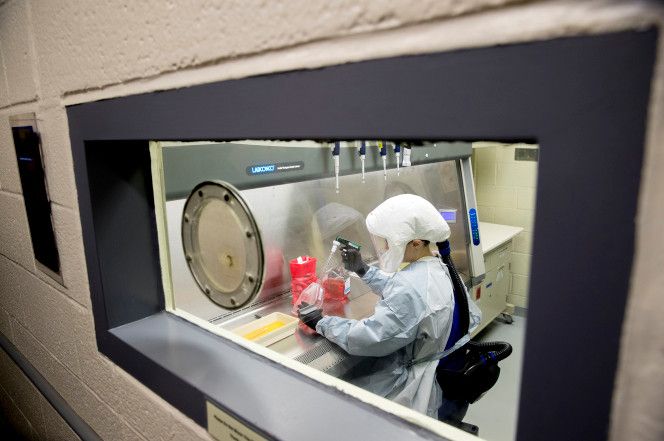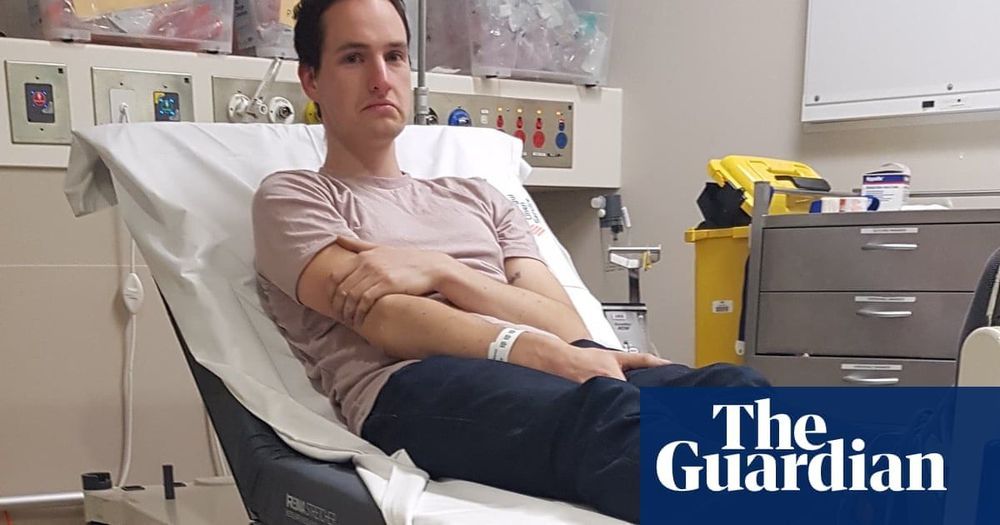In 2002, my husband and I became seriously ill after a vacation to Martha’s Vineyard. It took ten doctors and a year to discover the root cause: We’d been bitten by unseen ticks harboring the parasites that cause Lyme disease and babesiosis, a malaria-like disease.
Our road to recovery was grueling, requiring five years of intermittent antimicrobial treatments. Later, I discover that my situation wasn’t all that uncommon. About one in five Lyme patients continue to suffer from ongoing symptoms after being treated with the recommended course of antibiotics. After that experience, it was abundantly clear that we need better treatments.
That’s why I was excited to hear about a study from Stanford Medicine researchers and their collaborators that provides evidence that the drug azlocillin eliminates the bacteria that cause Lyme disease at the onset of infection in lab mice and cultures.








